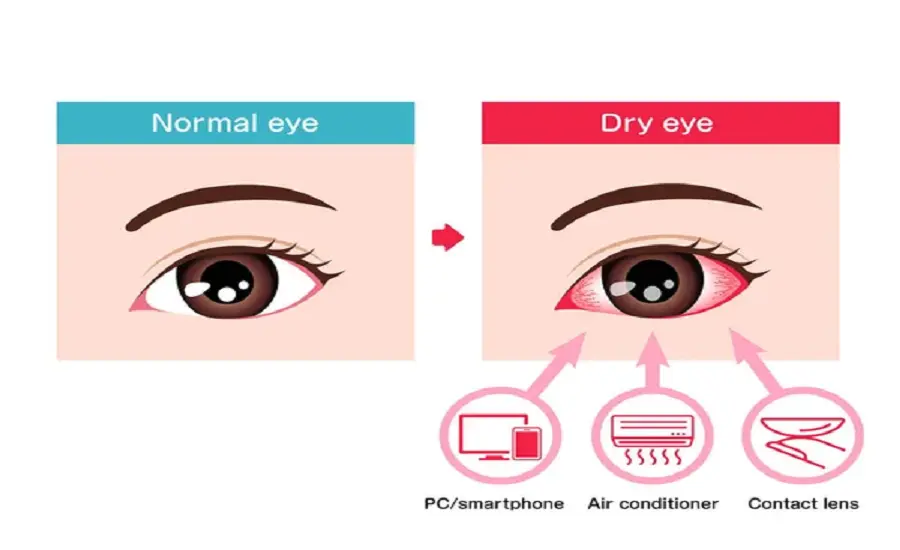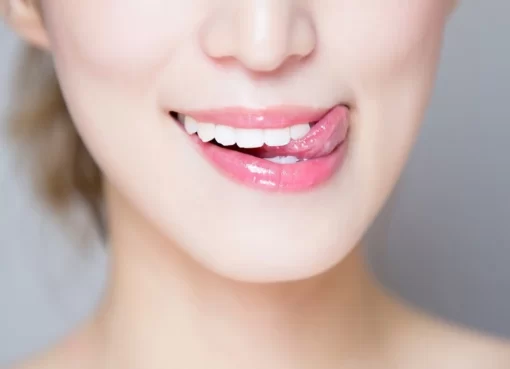Overview
Dry eyes can be caused by a variety of factors, including age, hormonal changes, certain medications, environmental factors, and underlying medical conditions.
Revolutionary Treatments
Intense Pulsed Light (IPL) Therapy
IPL therapy uses special light pulses to target and warm the blood vessels around your eyes, especially the lower eyelids. This helps reduce inflammation, increase blood flow, and make your meibomian glands work better. These glands make an oily part of your tears.
The heat from IPL therapy can also soften the hard oil in these glands, making it flow better and keeping your tears stable. While more research is needed, IPL therapy has shown some promising results.
Punctal Plugs
Punctal plug surgery is a simple procedure. An eye doctor puts tiny plugs, called punctal plugs, into the tear drainage ducts in the inner corners of your upper and lower eyelids. These plugs slow down how fast tears leave your eyes, keeping them on your eyes longer and reducing dryness.
There is ongoing research that suggests that Link_TSG6 could be a great candidate for a medicine that can do two important things: reduce inflammation and help fix problems with the cornea. These are crucial steps in treating Dry Eye Disease for good.
The study found that Link_TSG6 lowers the levels of cytokines that cause inflammation on the surface of your eye. It also stops certain immune cells from getting into your lacrimal glands and lymph nodes, which is a sign that this protein can do lots of things to fight inflammation.
https://www.manchester.ac.uk/discover/news/promising-novel-treatment-for-dry-eye-disease-revealed-by-new-research/
Conventional Tips to Help Manage Dry Eyes
- Use artificial tears: Over-the-counter eye drops can help lubricate the eyes and relieve dryness.
- Avoid irritants: Avoid exposure to smoke, wind, and dry air, as well as harsh chemicals and fumes.
- Blink frequently: Remind yourself to blink frequently, especially when reading or using a computer.
- Take breaks: Take regular breaks from staring at a computer screen or other activities that require sustained visual focus.
- Maintain eye hygiene: Keep your eyelids clean and avoid rubbing your eyes.
- Consider omega-3 supplements: Omega-3 fatty acids, found in fish oil supplements, may help reduce inflammation and improve eye health.
- Use a humidifier: Adding moisture to the air can help alleviate dryness in the eyes.
- Wear sunglasses: Wearing sunglasses can help protect the eyes from the sun, wind, and other irritants.
- Avoid contact lenses: Contact lenses can exacerbate dry eyes, so consider wearing glasses instead.
- Practice good nutrition: Eating a healthy diet rich in vitamins A, C, and E.
- Drink plenty of fluids.
- Avoid caffeine and alcohol: Caffeine and alcohol can contribute to dehydration, which can worsen dry eye symptoms.
- Use warm compresses: Applying a warm compress to your eyes can help open up oil glands in your eyelids, which can help improve tear quality.
- Practice the 20-20-20 rule: Every 20 minutes, take a 20-second break and look at something 20 feet away to reduce eye strain.
- Treat underlying conditions: If dry eyes are caused by an underlying condition such as rheumatoid arthritis or diabetes, treating that condition may also help alleviate dry eye symptoms.
- Consult a doctor: If your dry eye symptoms persist despite these measures, consult a doctor who can evaluate your eyes and recommend other treatments, such as prescription eye drops, oral medications, or surgery.
Citation
https://www.medicalnewstoday.com/articles/how-to-cure-dry-eyes-permanently#is-there-a-cure
https://www.health.harvard.edu/blog/the-latest-thinking-on-dry-eye-treatments-202210132833
Featured pic: https://tinyurl.com/4vxccfk9




